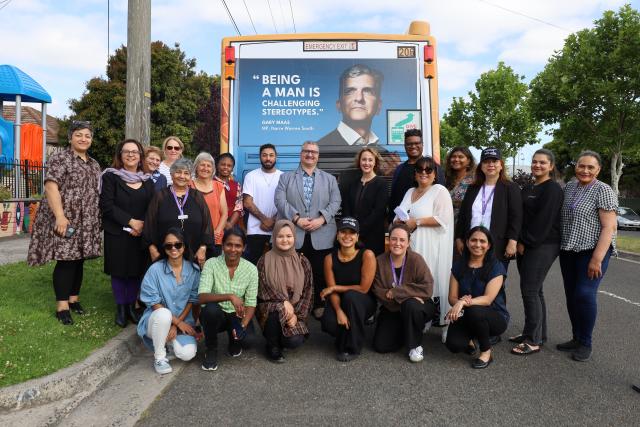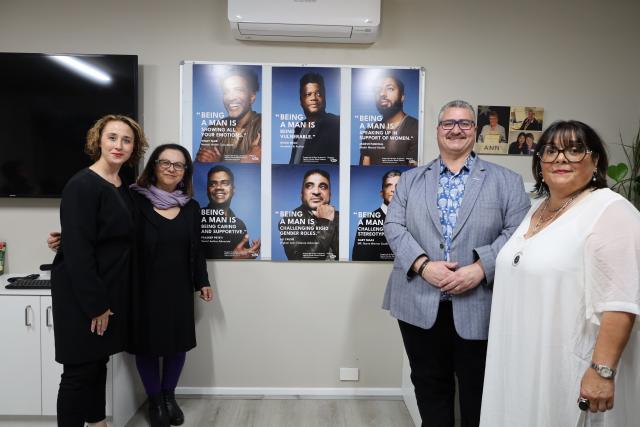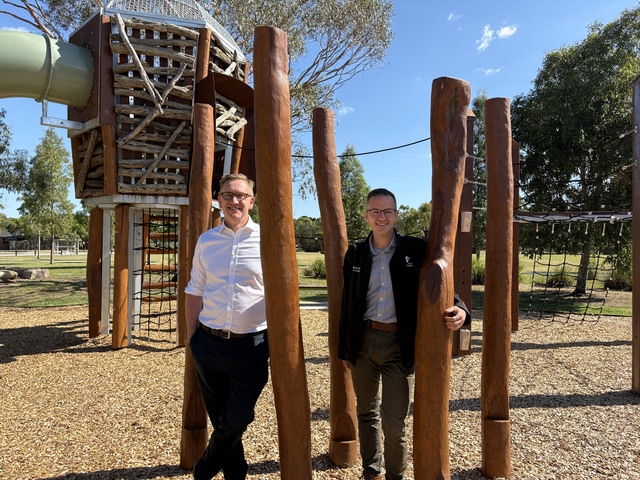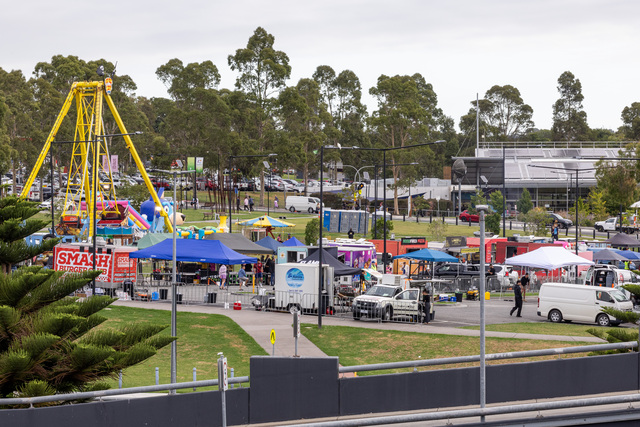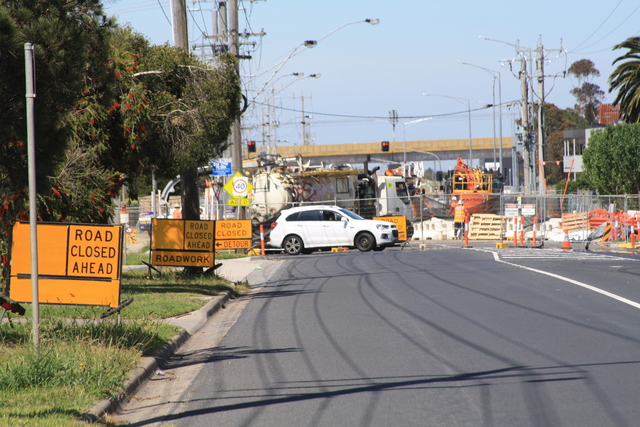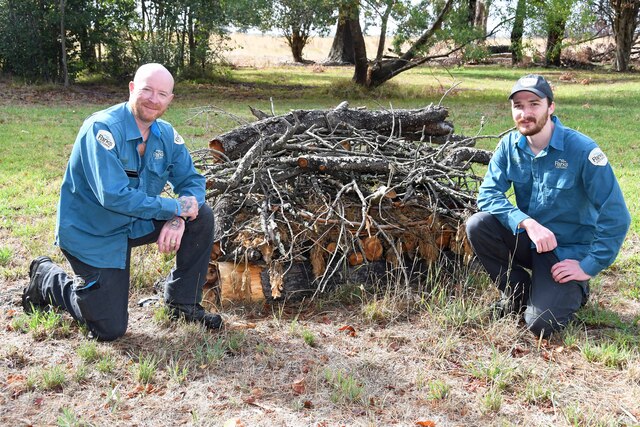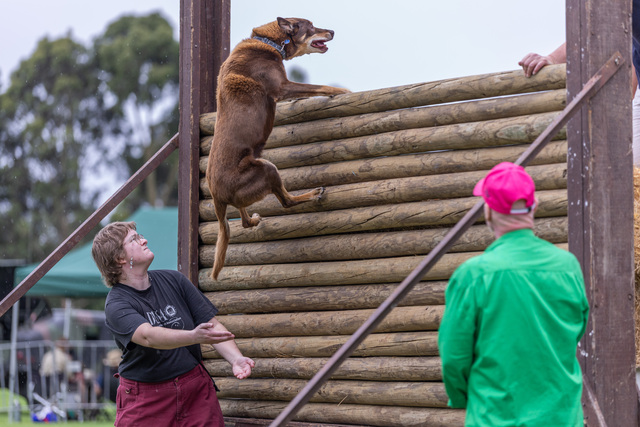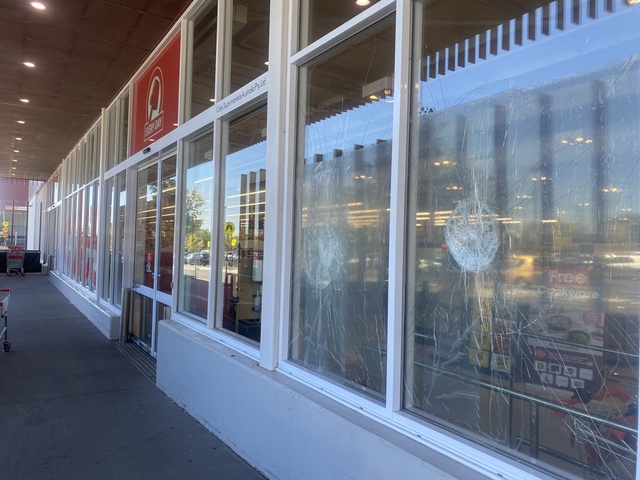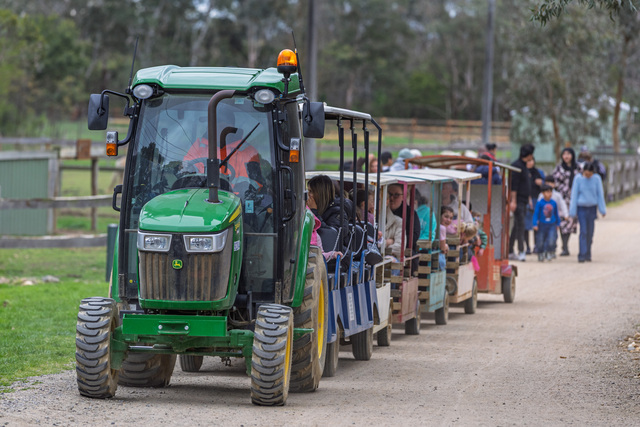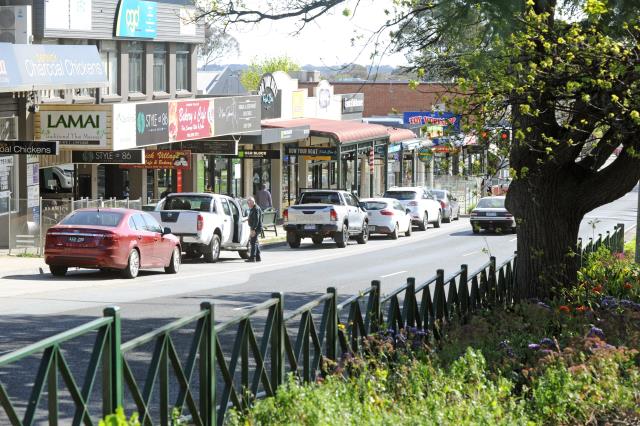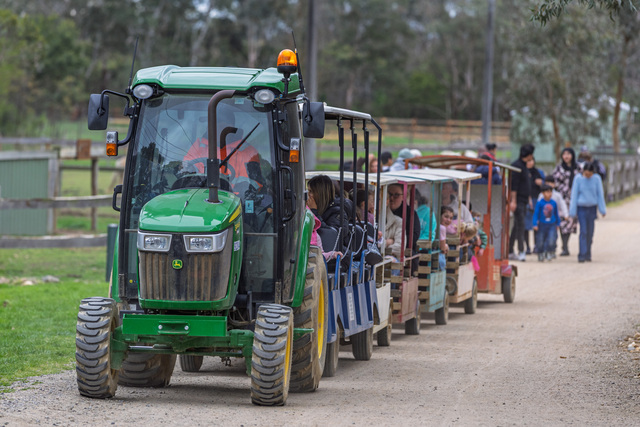Wellsprings have launched their 16 Days of Activism Campaign, joining organisations globally who are frontlining the fight against gendered violence.
The women-only service in Melbourne’s south-east, which works to empower women from migrant and refugee backgrounds, has shaped this campaign to be purpose-fit for the south-eastern suburbs, where multiculturalism continues to grow, unveiling a unique take on the 16 Days initiative that aims to shed light on the crucial role migrant and refugee men play in the fight against family violence.
“Gender-based violence in this country is rife,” Wellsprings for Women’s CEO, Dalal Smiley, said.
“This year alone, more than fifty Australian women have lost their lives due to violence. That’s more than one a week.
The statistics are shocking and yet they don’t even paint the full picture. We need culturally responsive solutions to this violence – solutions that address racism and discrimination. We need migrant and refugee men involved in prevention efforts.”
Launched by the Victorian Minister for Public Transport, the Honourable Gabrielle Williams MP, the Wellsprings campaign has achieved exactly this, presenting a refreshing take where men are portrayed as the focus of the issue.
Through a series of posters, videos, bus-backs, and billboards, the campaign sheds light on what it means to be a man, drawing from the perspectives of male role models across the community to influence men throughout the south-east.
“It is important for men and for future generations of men to understand that it is us who need to be displaying positive behaviours and making that change happen,” Social justice advocate and campaign role model, Pradeep Peteti, said.
Narre Warren South MP and campaign role model, Garry Maas, added, “This campaign has flipped the issue. It’s put the focus on men but in a positive way that doesn’t attack them.
“It’s migrant men, who are community leaders, pitching their message and putting it out there.
“There’s so many stereotypes that men can fall into; so many gendered roles that we take on unconsciously. But there’s also the bigger picture stereotypes that prevent men from being vulnerable or crying. But that’s ultimately the way we express ourselves, so if you don’t have that expression and you’re not taught that from an early age, that expression can come out in really unpredictable and damaging ways.
“As someone who experienced the grunt of living in a household where it existed, it does have those effects on you as you go through life, so if there’s anything I can do to end the cycle, I’ll be doing all that I can, not only in my day to day living but in the community.
“It’s something that all of us need to be engaged with and something that all of us need to be a part of in order to ensure that we end it.
“We all need to be active, we all need to be aware and, more importantly, we all need to listen.”

